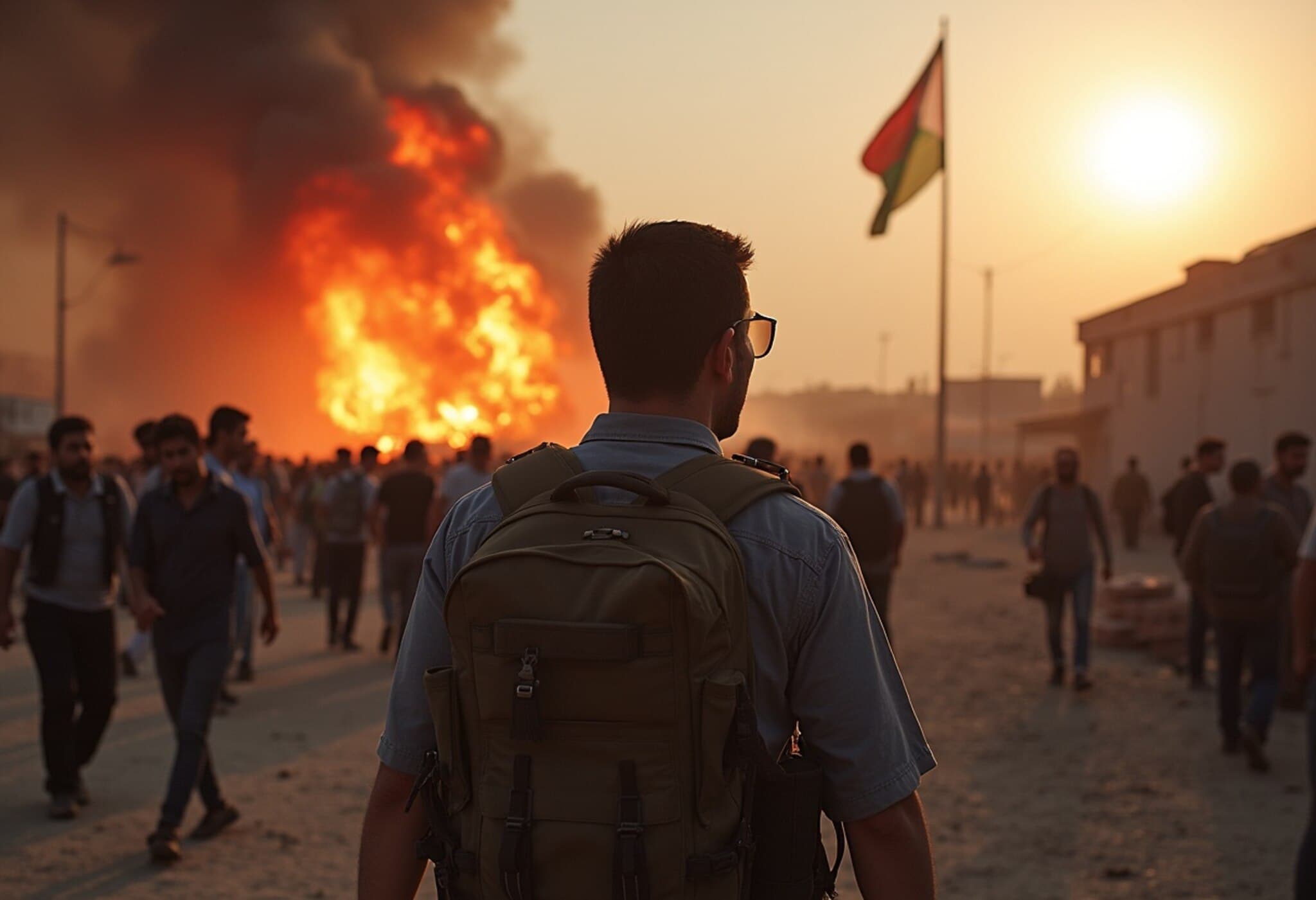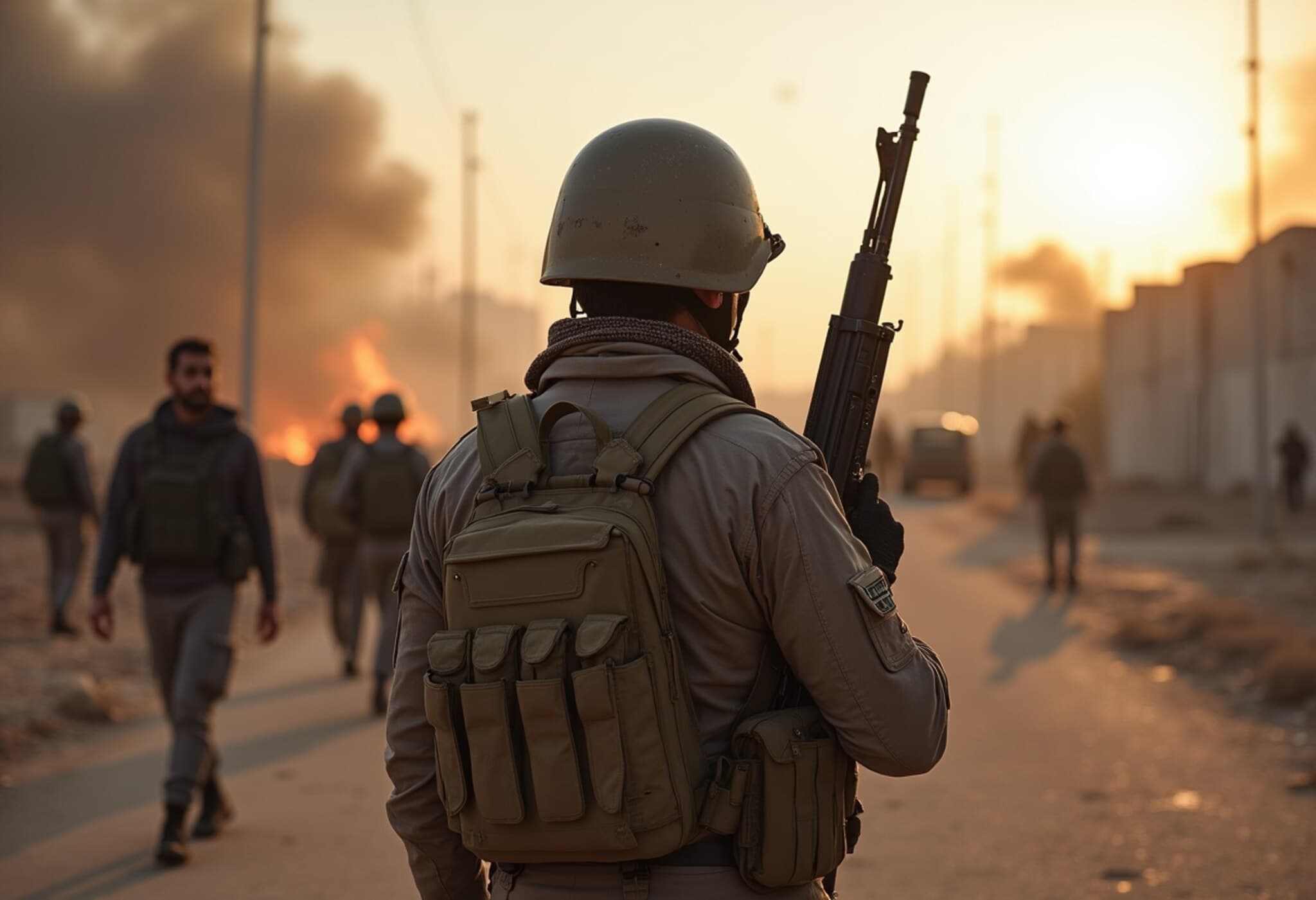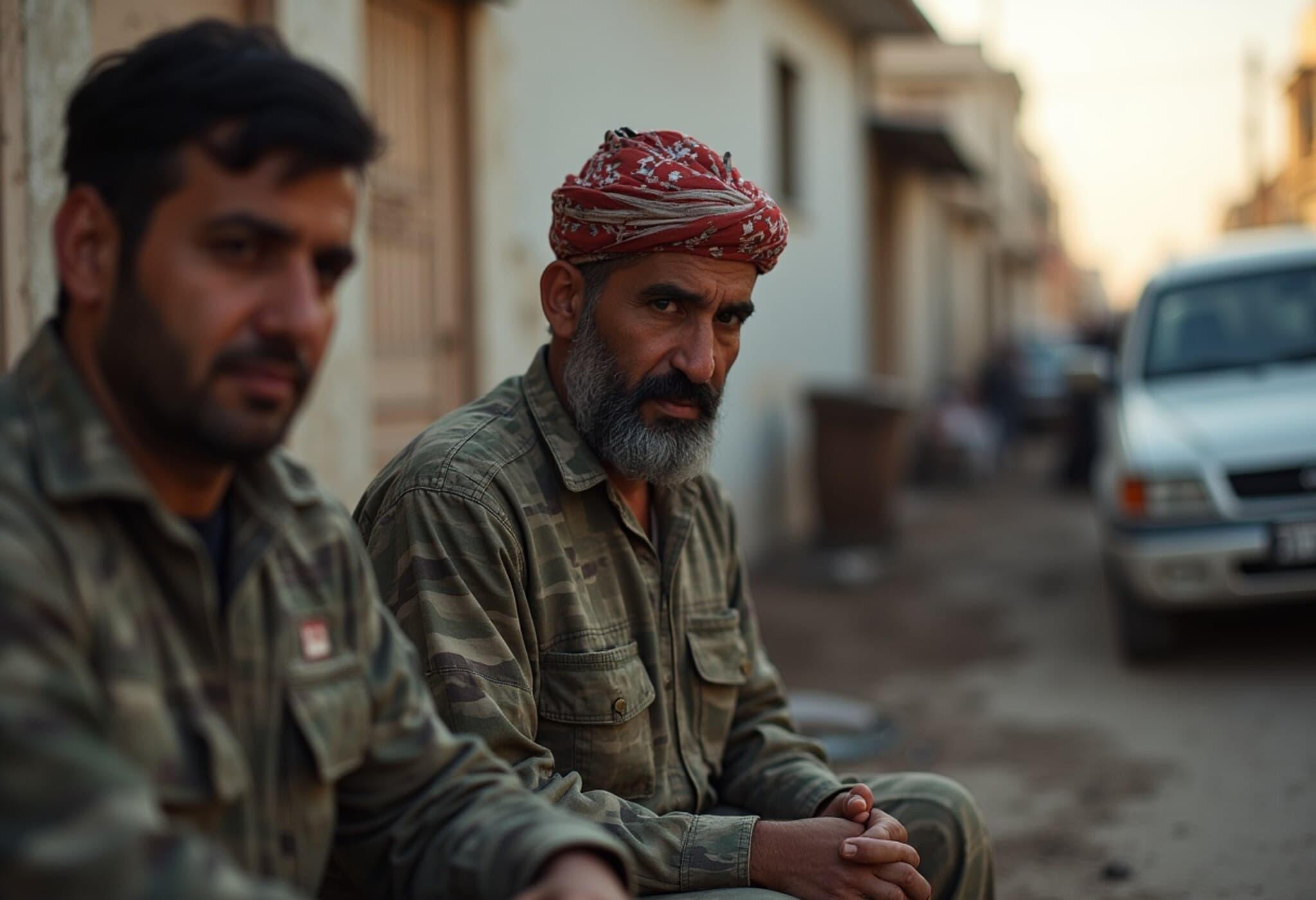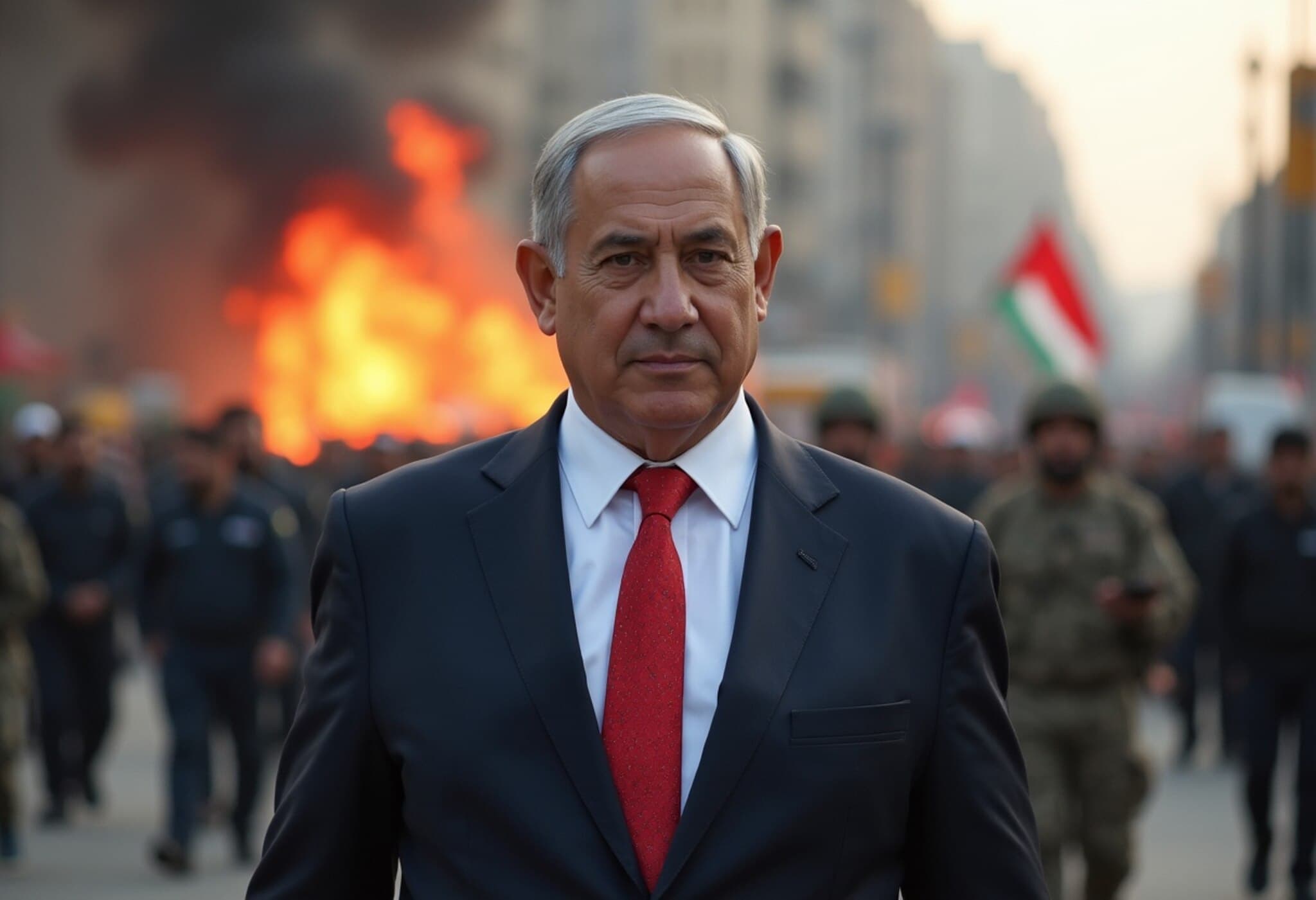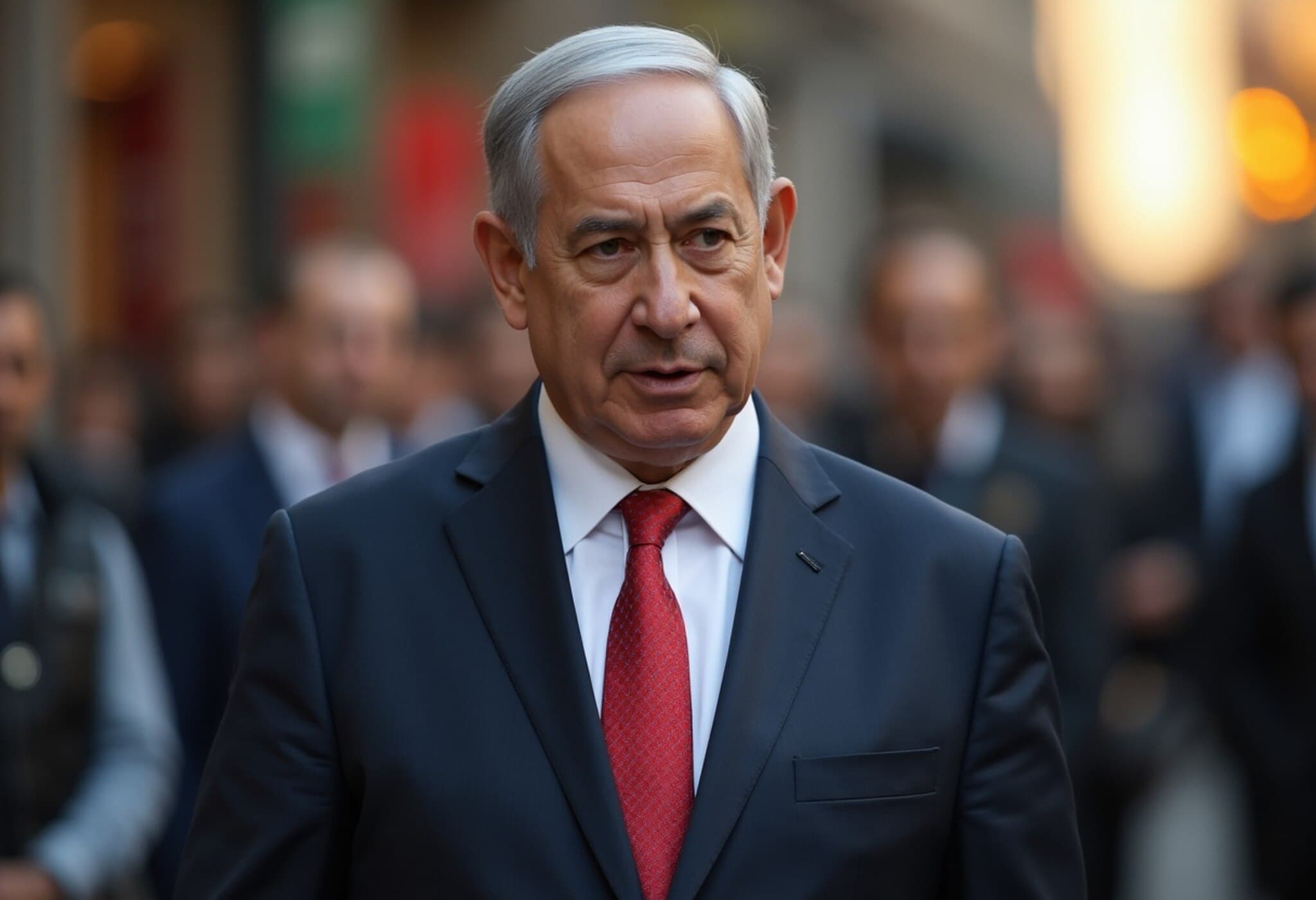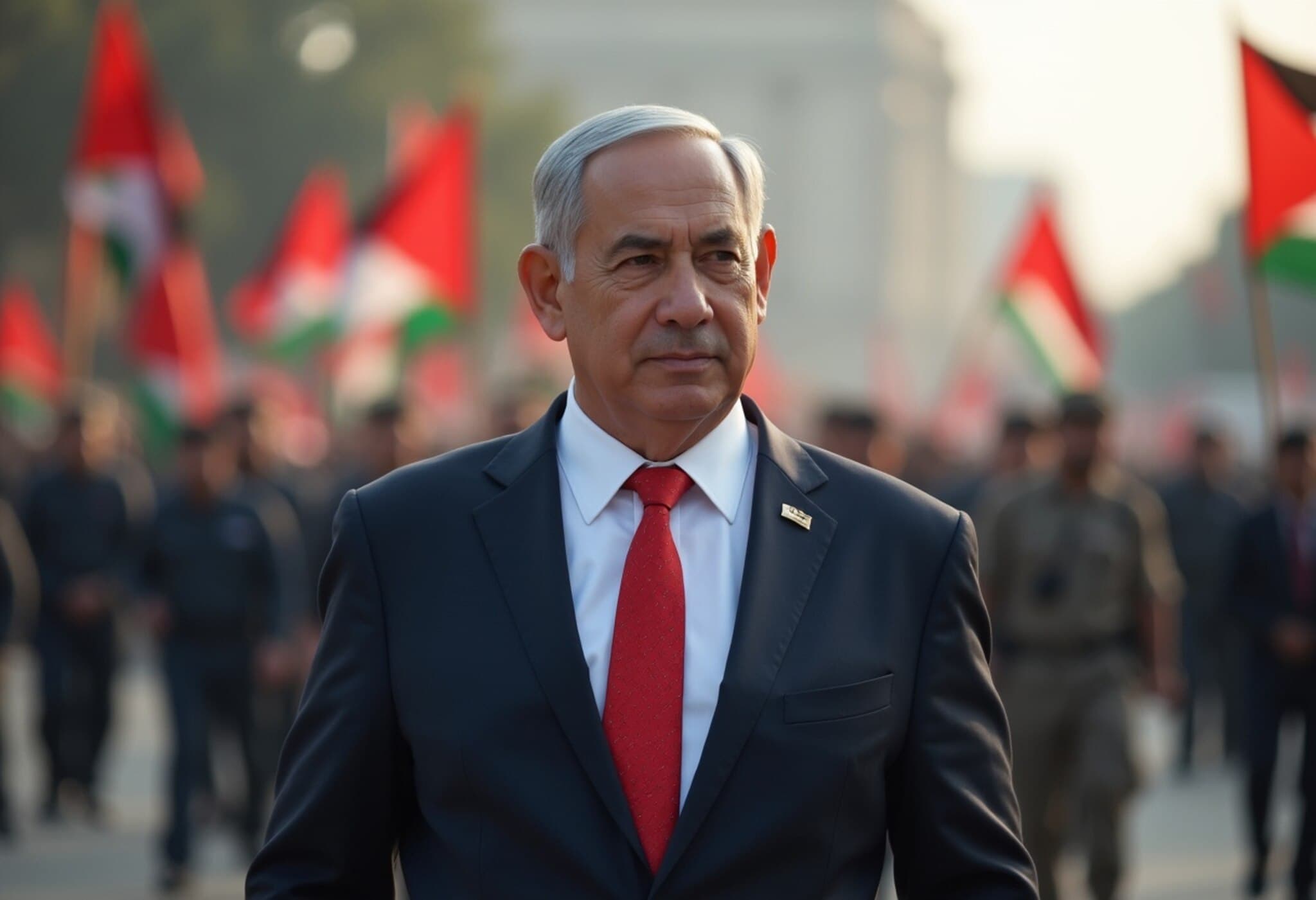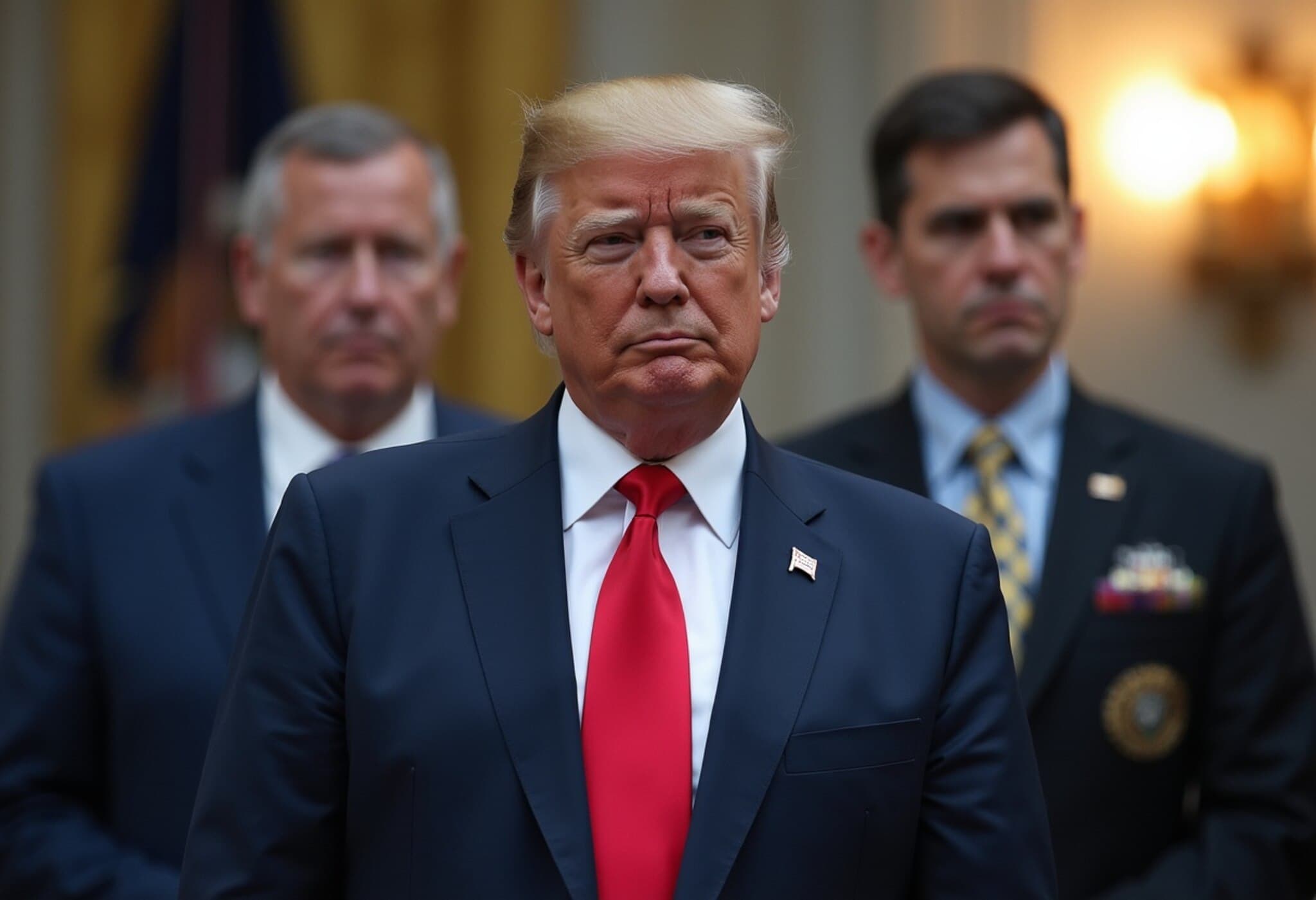Hamas Backs New Ceasefire Deal, Preparing to Resume Dialogue
In a significant development amid ongoing strife, Hamas has given its consent to a recently proposed ceasefire arrangement for the Gaza conflict, signaling a readiness to reengage in talks. This move follows intense mediation efforts led by Egypt and Qatar, who have been working to quell the escalating violence and humanitarian distress in the region.
The Framework of the Ceasefire Proposal
The ceasefire plan under consideration revolves around an immediate truce and a phased release of hostages, aimed at establishing groundwork for more comprehensive negotiations toward a long-term resolution. According to sources aligned with Islamic Jihad, which collaborates closely with Hamas, the draft outlines a 60-day cessation of hostilities.
- The first phase envisions the release of 10 Israeli hostages, presumed alive, alongside several bodies.
- The remaining captives, currently estimated at 49, including at least 27 assessed by the Israeli military as deceased, are slated for release in a subsequent phase, contingent on ongoing talks.
While Hamas has accepted the proposal without seeking modifications, Israel has yet to issue an official response, leaving the ball in the Israeli government’s court to either embrace or reject this diplomatic opening.
Context: Military Escalation and International Concerns
This initiative arises amid heightened global alarm over Israel’s intensified military operations targeting Gaza City and adjacent refugee camps. The Israeli security cabinet's authorization to broaden these campaigns has sparked both international criticism and domestic debate, underscoring the delicate balance between security objectives and humanitarian considerations.
With Egyptian and Qatari mediators, supported by the United States, pushing for a durable ceasefire arrangement, momentum is building toward breaking the cycle of violence. Notably, former U.S. President Donald Trump’s public remarks reinforce Israel’s hardline stance by stating hostages will only return “when Hamas is confronted and destroyed,” reflecting the complex interplay of political pressures in Washington.
Potential for International Peacekeeping and Technical Talks
Egypt has expressed willingness to contribute to an international peacekeeping force in Gaza, contingent upon a UN Security Council resolution and a defined political framework. Preparations are underway for expedited technical discussions to coordinate the sequence of events—ceasefire implementation, hostage exchanges, and humanitarian corridors.
The critical question remains whether Israel will formally endorse the ceasefire proposal. Their decision could mark either a breakthrough toward peace or prolongation of conflict and suffering.
Humanitarian Toll: Gaza’s Dire Situation
Nearly two years of sustained conflict have left Gaza devastated, with the Palestinian health ministry reporting over 62,000 fatalities. The humanitarian catastrophe is compounded by widespread food shortages and burgeoning health crises.
Amnesty International recently accused Israel of engaging in a policy tantamount to starvation targeting the Palestinian population. Israel has firmly denied these allegations, maintaining that its military actions avoid civilian targeting.
Underreported Perspectives and Broader Implications
The discourse often omits the perspectives of Gazan civilians trapped between militant groups and extensive military campaigns—whose daily lives embody the conflict’s human cost. The phased hostage release approach, while cautious, introduces a glimmer of pragmatic diplomacy, emphasizing incremental trust-building in a region marred by decades of mistrust and bloodshed.
Moreover, the international community faces tough questions: Will external actors prioritize political resolution over tactical victories? Can humanitarian imperatives influence security decisions? These unresolved issues underscore the complexities shaping the conflict’s trajectory.
Editor’s Note
This latest ceasefire acceptance by Hamas offers a tentative but pivotal chance to de-escalate one of the world’s most entrenched conflicts. As the dust settles on military advances, the success of this proposal hinges on Israel’s receptiveness and sustained international mediation. The human stakes remain painfully high; thus, observers should watch for tangible steps toward dialogue and relief. The unfolding developments may well test the limits of diplomacy and the global community’s commitment to peace and human dignity.

